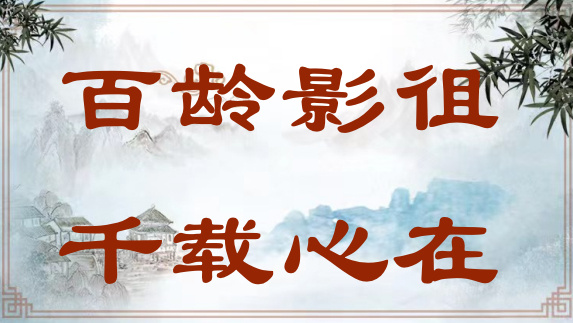The Sage Has Passed Away, but He Will Always Be Remembered

圣人雖已消逝,但其精神永垂千載。在中國古代儒學發展過程中,孔子的“述而不作”引領了復古的思想潮流,后人學習孔子,遂使復古成為一個特別的思維模式,用劉勰在《文心雕龍》中的表述,就是“原道、征圣、宗經”。所有詩文創作均以儒家經典為準繩,繼承風雅精神,發揮文章的教化作用。孔子享年不足百齡,但是他的思想卻影響了上千年,至今不衰。
In the development of Confucianism in ancient China, the belief of Confucius to pass on the thinking of past sages without change led the trend to restore and revere the thinking of the ancients. Later generation scholars who studied Confucianism adopted this trend as a special approach to study. As described by Liu Xie in The Literary Mind and the Carving of Dragons, this was "tracing the fundamental way of nature, following what sages said and the guidance of Confucian classics." Liu advocated that all poetic and other literary works should be written in accordance with the Confucian classics and that such works should inherit the refined styles of the classics and give play their educational role. Confucius lived less than a hundred years, but his thinking has been passed on for more than a thousand years and is still influential today.
引例 Citation:
◎鑒懸日月,辭富山海。百齡影徂,千載心在。(劉勰《文心雕龍·征圣》)
圣人的見解如同高懸的日月一樣光明,經典的辭藻如同高山大海一樣繁富。圣人的形體雖已消逝,但其精神永垂千載。
The sage's vision is as encompassing as the sun and moon, and his expressions are as vast in scope as mountains and overflowing as the sea. He has passed away, but he will always be remembered. (Liu Xie: The Literary Mind and the Carving of Dragons)
推薦:教育部 國家語委
供稿:北京外國語大學 外語教學與研究出版社
責任編輯:錢耐安





